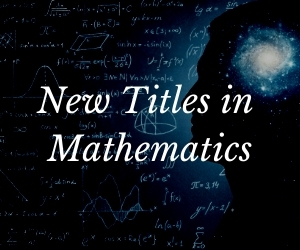"The authors particularly attend to protecting positive correlations against the self-selection interpretation, merely that logical minds elect studying more mathematics. Here, one finds a stimulating survey of the systemic difficulties people have with basic syllogisms and deductions."
For centuries, educational policymakers have believed that studying mathematics is important, in part because it develops general thinking skills that are useful throughout life. This 'Theory of Formal Discipline' (TFD) has been used as a justification for mathematics education globally. Despite this, few empirical studies have directly investigated the issue, and those which have showed mixed results.
Does Mathematical Study Develop Logical Thinking? describes a rigorous investigation of the TFD. It reviews the theory's history and prior research on the topic, followed by reports on a series of recent empirical studies. It argues that, contrary to the position held by sceptics, advanced mathematical study does develop certain general thinking skills, however these are much more restricted than those typically claimed by TFD proponents.
Perfect for students, researchers and policymakers in education, further education and mathematics, this book provides much needed insight into the theory and practice of the foundations of modern educational policy.
Sample Chapter(s)
Chapter 1: The Theory of Formal Discipline (731 KB)
Contents:
- The Theory of Formal Discipline
- Investigating the Theory of Formal Discipline
- Cross-Sectional Differences in Reasoning Behaviour
- Longitudinal Development in Conditional Reasoning
- The Modus Tollens Inference and Mathematics
- Conditional Inference Across the Mathematical Lifespan
- Why Would Studying Advanced Mathematics Develop Conditional Reasoning?
- Summary and Conclusions
Readership: Students, researchers and policymakers in education, further education and mathematics.






















